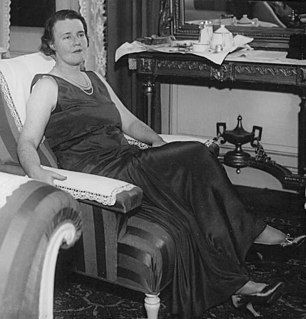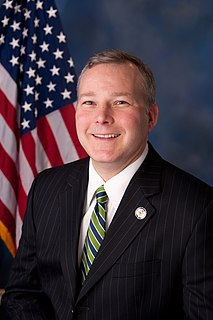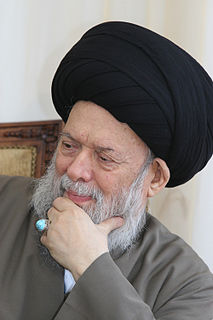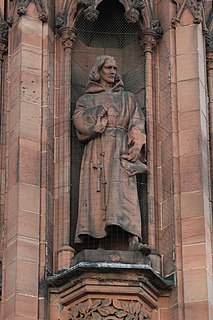A Quote by Dorothy Thompson
Whatever the human law may be, neither an individual nor a nation can commit the least act of injustice against the obscurest individual without having to pay the penalty for it.
Related Quotes
I wish my countrymen to consider that whatever the human law may be, neither an individual nor a nation can ever commit the leastact of injustice against the obscurest individual without having to pay the penalty for it. A government which deliberately enacts injustice, and persists in it, will at length even become the laughing-stock of the world.
No one is without Christianity, if we agree on what we mean by that word. It is every individual's individual code of behavior by means of which he makes himself a better human being than his nature wants to be, if he followed his nature only. Whatever its symbol - cross or crescent or whatever - that symbol is man's reminder of his duty inside the human race.
If it comes to a question of law, the charges they brought against me - the Espionage Act - is called the quintessential political crime. A political crime, in legal terms, is defined as any crime against a state, as opposed to against an individual. Assassination, for example, is not a political crime because you've killed a person, an individual, and they've been harmed; their family's been harmed. But the state itself, you can't be extradited for harming it.
Throughout my life, I have always supported the human being in his humanism and I have supported the oppressed. I think it is the person's right to live his freedom and it is her and his right to face the injustice imposed on each by revolting against it, using his practical, realistic and available means to end the oppressor's injustice toward him, whether it is an individual, a community, a nation, or a state; whether male or female.
The time has come for an all-out war against poverty. The rich nations must use their vast resources of wealth to develop the underdeveloped, school the unschooled, and feed the unfed. Ultimately a great nation is a compassionate nation. No individual or nation can be great if it does not have a concern for "the least of these".































